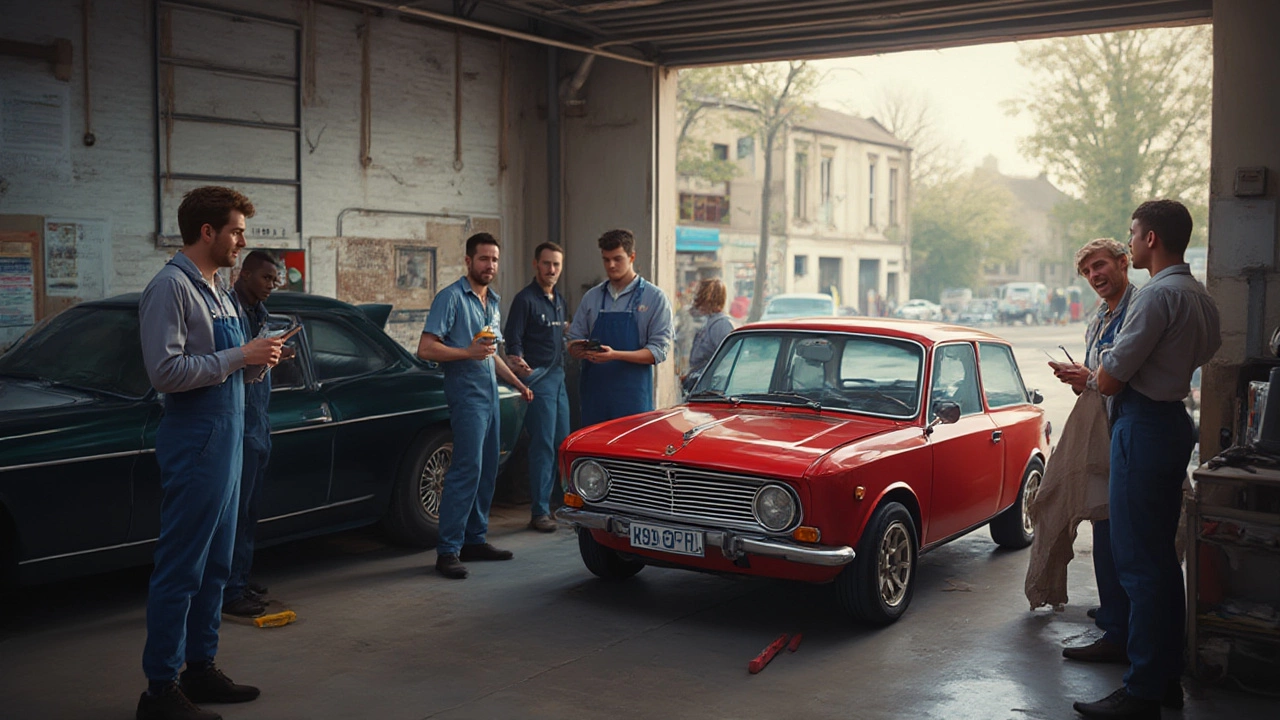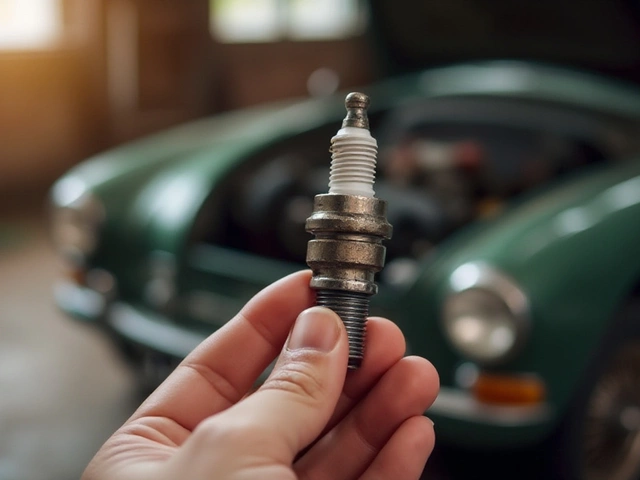Mechanic Costs Explained – What You’ll Actually Pay at the Garage
Ever walked into a garage and left with a bill that made you wince? You’re not alone. Prices for the same job can swing wildly from one shop to another. The good news? Most of the factors behind those numbers are transparent, and you can influence them with a bit of know‑how.
Why Prices Differ: The Main Cost Drivers
First off, labour rates are the biggest variable. Shops in city centres charge more than neighbourhood garages because rent and wages are higher. Next, parts quality matters – OEM (original equipment manufacturer) pieces cost more than aftermarket alternatives, but they often last longer. Finally, the complexity of the job adds time: swapping a clutch kit takes hours, while changing a rear brake pad is a quick 30‑minute task.
For example, a clutch replacement can run anywhere from £300 to £800 depending on the car make, the type of clutch kit, and whether you need a “Stage 2” performance upgrade. A simple tyre fitting usually sits between £20 and £45 per tyre, but add a wheel alignment and you’re looking at an extra £30‑£60.
Common Repairs and Their Average Price Ranges
Brake pads (rear only): £70‑£150. If you replace both front and rear, expect about £150‑£250. Bad brake pads affect safety, so don’t skimp.
Fuel pump test and replacement: Testing is often free if you’re already in for service; a replacement can cost £200‑£500 depending on the vehicle.
Spark plugs: Every 30‑40 000 km a set of four costs £40‑£80. Bad plugs cause rough idle and reduced fuel efficiency.
Suspension repairs: Replacing worn shock absorbers runs £150‑£350 per axle. Bent suspension frames are a bigger job – you could be looking at £500‑£1,200.
These figures are averages from local garages and chains, including places like Northwich Tyres Centre where tyre fitting and wheel alignment are bundled for a fair price.
Knowing the typical range helps you spot an outlier. If a quote is 30% higher than the local average, ask the shop to break down the labour hours and parts cost. A good mechanic will explain why a particular part is chosen and how long the job should take.
Another tip: combine services. Scheduling a tyre rotation while you’re getting an oil change usually saves you a few pounds because the shop can fit both into one labour block. Also, ask if they offer any loyalty discounts or price‑match guarantees.
Lastly, keep an eye on hidden fees. Some shops add “environmental fees” for disposing of old parts, or charge extra for disposing of oil. These are legitimate, but they should be listed up front.
Bottom line: mechanic costs aren’t a mystery, they’re a combination of labour rates, parts choices, and job complexity. By understanding the main drivers, comparing quotes, and bundling jobs, you can keep your car running smoothly without breaking the bank.
 9 July 2025
9 July 2025
Clutch Kit Labour Cost Explained: 2025 Guide to Clutch Replacement Prices
Get a real-world breakdown of labor costs for clutch kit replacement. Find out what affects the price, tips to save money, and what to expect in 2025 garages.
Tags
- car maintenance
- engine oil
- spark plugs
- brake pads
- engine performance
- vehicle maintenance
- spark plug replacement
- windshield wipers
- fuel pump
- suspension parts
- clutch replacement
- oil change
- clutch kit
- car suspension
- car performance
- air filters
- car radiator
- exhaust systems
- fuel pump replacement
- engine misfire






0